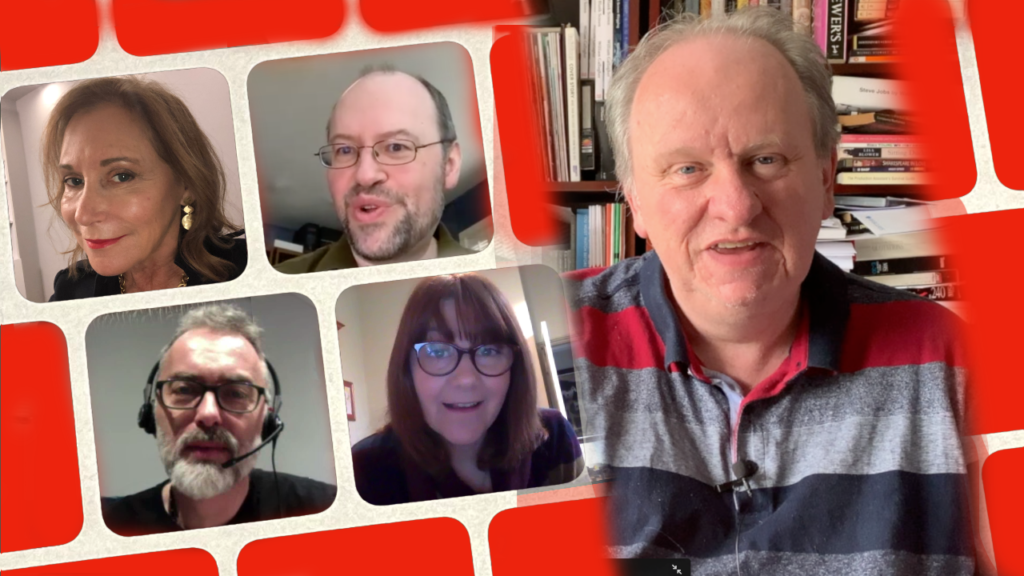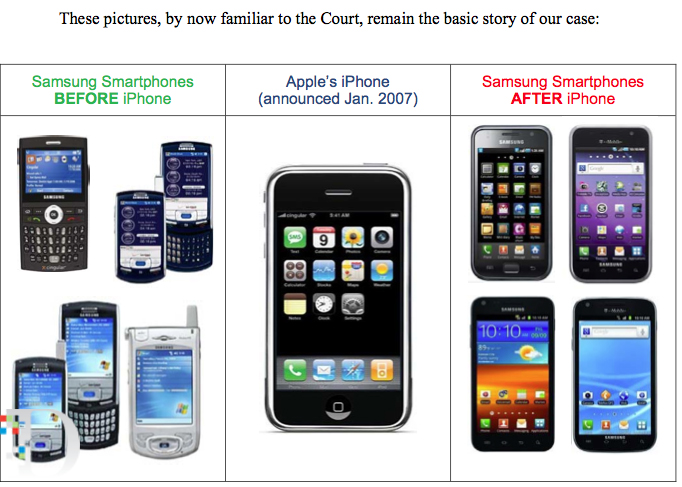I don’t want to review Tenet, I want to say that it is the most difficult film to understand that I can remember -– just not in the way I believe writer/director Christopher Nolan would presumably want. Tenet is not the mind-bending, brain-swelling complex tale of time travel that its trailer would have you believe, it’s just bloody loud.
That’s what I want to talk to you about. And yes, I did go through a spell of thinking I’m simply getting old and deaf, but that’s not it. As I realised, when I gave up on the film about two thirds of the way through and instead read the screenplay.
Read that script and you will find the sound and fury cover up a lot of nothing. The dialogue that you didn’t quite catch turns out to be mostly pretty pedestrian exposition. Then the lead character’s name is actually “Protagonist”, which seems like it explains why you don’t especially care whether he lives or dies, since clearly Nolan didn’t either.
The time travel stuff does look fantastic on the screen but turns out to be just as irritatingly simplistic on the page as you had begun to suspect. Some people from the future are waging war on us, the people in their past. It makes for some marvellous visuals as certain characters are moving forward in time while their enemies are moving backwards through it.
Of course, if people in the future kill everybody in their past, they’re fucked. Tenet admits this and gives us a wee lecture on the Grandfather Paradox, but then shrugs it off completely. A character with an actual name says that, well, yes, no, that’s a bit of an enormous plot hole, you’re right, but it’s fine, it’s fine, it’s just a movie, don’t worry about it. Or he effectively says that, having actually shrugged it off in a way that says we’re stupid for spotting it, move on.
That’s one of a handful of incidents that emphasise the fact that this is a film, moments which jump you out of the story and into being aware of the artifice. Yet according to Nolan, who always sounds so bemused that anyone could want to hear his films, this is part of the experience. Simplistic plots dressed up as complex ones, dialogue you cannot hear, it doesn’t matter, because it’s all an Experience.
I actually like dialogue that you can’t hear. There’s a gorgeous scene in the Twin Peaks film, Fire Walk with Me, where we cannot make out what people are saying in a nightclub. All these years later I can’t really remember just how it felt in the cinema, but I think I recall straining to hear while finding it arresting, compelling, even scary. Plus I remember it then being funny when the DVD came out and people discovered that there were optional subtitles for every word.
That scene was deliberately impossible to hear, and equally, Christopher Nolan deliberately chose to have the Tenet audio be so poor.
He’s done more than that, he’s also chosen to criticise people for saying they can’t hear a thing. He’s said that he consciously decided that he would have the audio mix be right for only the very finest cinemas — and he’s then also complained about cinemas getting it wrong.
I don’t believe that anyone can complain about a writer’s artistic intention. Choices made, decisions taken, it’s up to the writer/director what they do. It’s just not up to them whether we like it or not, whether we’re happy at the money it cost to buy the film, or the taste of the aspirin afterwards.
Nolan’s dismissal of this particular criticism is irritating, and it does contribute to how right now I think I’ve had enough. I have never chosen to see a film because of who directed it, or who stars in it, and only occasionally because of who wrote it. Always and forever, it is the story that does or doesn’t attract me, so I’m sure there will be a future Christopher Nolan film where I do want to watch.
When I know he wrote and made it, though, that will stop me rushing.
And I see little chance that I’ll ever watch the final third or so of Tenet.
I do believe that writing is for the audience, not for the writer, but I’m also aware that there are many different audiences. Just because I don’t like something, it obviously doesn’t mean you won’t, and I would argue that Nolan has to have the right to make the films he wants. Considering that he gets to make films when others don’t, he should surely be making the films he wants. It’s a bit of a waste if he’s getting the commissions instead of other writers and then he’s just knocking out something without care or choice or decisions.
Except.
There is still a line somewhere. There is a line between hoping to connect with audience and instead, choosing to irritate them seemingly solely because you can. Antagonise me, upset me, challenge me, but don’t piss me off and make think I should’ve bought Wonder Woman 1984 instead.
But, hey, Christopher Nolan is pretty much infinitely more successful than I am so I’m going to take a telling and apply the same thinking to my work.
Yes.
My next play will be staged in a locked, sound-proofed room with no windows, and I will charge you to stand outside it for two and a half hours.
Don’t look at me like that. I suddenly want to tall it The Tenet of Wildfell Hall. But whatever it’s name and however little you can see of it, I know it will be an Experience.

